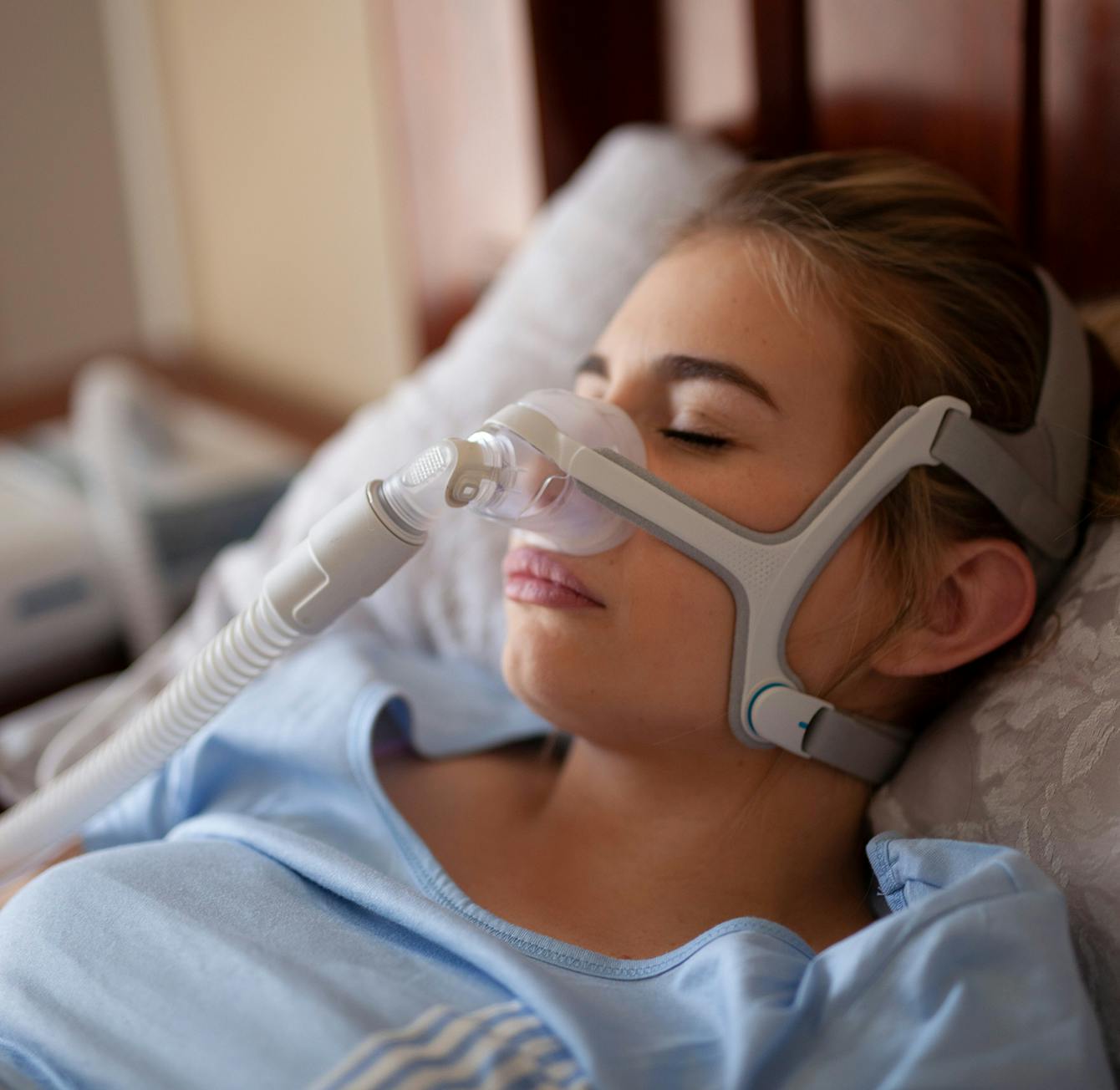Sleep apnea is a disorder in which breathing is interrupted periodically throughout the night. These pauses, or gaps, in breathing may be accompanied by choking or gasping but rarely awaken the sleeping individual. An estimated 18 million Americans suffer from sleep apnea, many of them unaware of their condition.

Treatment
Sleep apnea is more than just a nuisance that robs you of sleep. Left untreated, it can lead to serious health issues such as congestive heart failure, stroke, heart attack, high blood pressure, and cardiac arrhythmia. If you suspect you are suffering from sleep apnea, schedule a visit with your physician who will perform a thorough physical examination and may set up a sleep study test.
You may be able to reduce the severity of your symptoms by implementing certain lifestyle changes. Try losing weight, cutting back or eliminating alcohol (especially before bedtime), and quitting smoking. Sleeping on your side instead of your back and elevating your head may also help. The preferred method of treatment for sleep apnea is continuous positive airway pressure (CPAP). This involves controlled bursts of air pumped into your throat while you sleep, delivered through a mask that is worn over the nose and mouth and attached to a machine. Other options for treatment include oral mouth guards that reposition the lower jaw and tongue, nasal breathing strips, and surgery.

